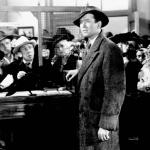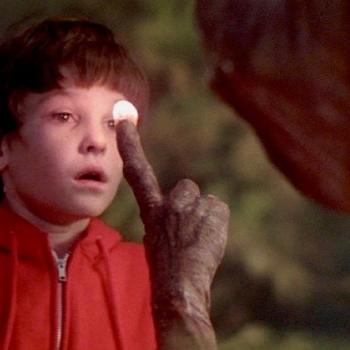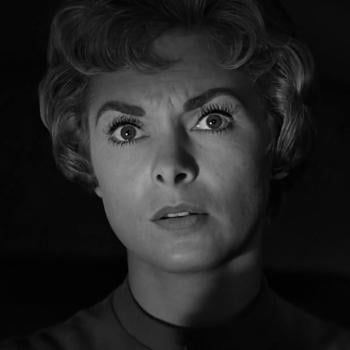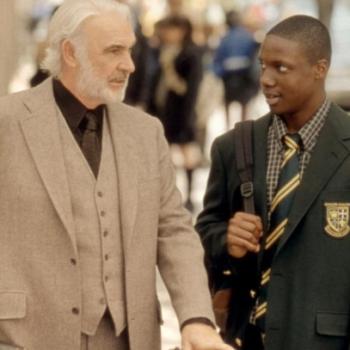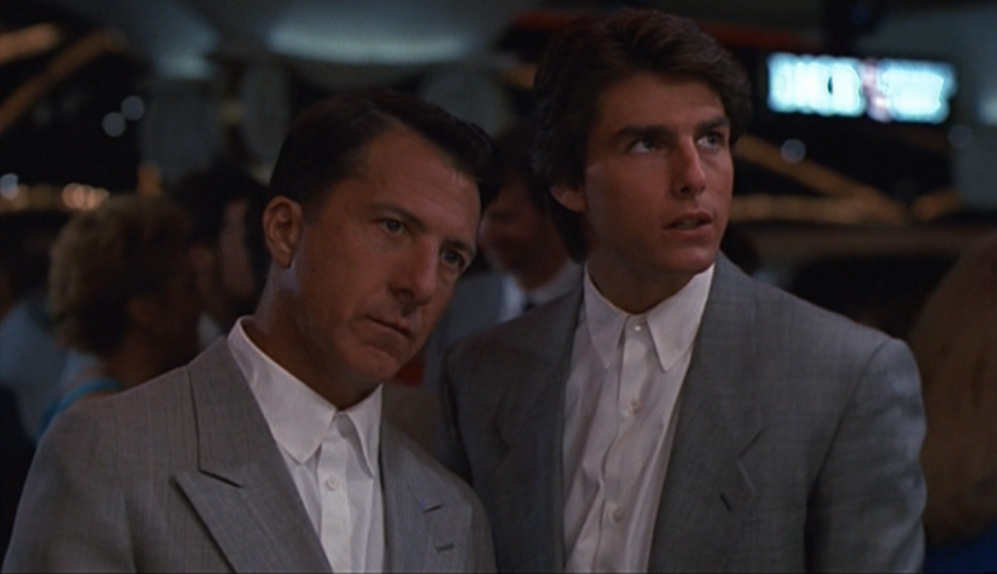
I’ve heard it said before that one of the hardest trials a person can be called to bear is wealth and success. The thought can obviously sit weirdly when it seems like all your problems would be solved with a few extra zeroes in the bank account, but when you also peel back the curtain and see the desolate inner life of those who have never stood in want, monetarily speaking, you see the price you really have to pay in order to walk among the elite and powerful.
These are thoughts that generally cross my mind, but especially so when watching films like Barry Levinson’s 1988 best-picture winning film, Rain Man.
The film follows Charlie Babbit who has fast risen to great prominence in the world of business. This of course means he has adopted some fast-and-loose morals and is not at all a nice person. One of the first things we see him do is ask his employees to lie on an official form. Charlie is also shown to be skittish around any kind of intimacy or vulnerability. Early on, he gets into an argument with his girlfriend, Susanna, over his unwillingness to talk about anything. (My one question with this film will always be what the angelic Susanna ever saw in Charlie given just how quick she is to call him out for his glaring character flaws, which she appears to have none of herself.) At least a part of Charlie’s callousness is linked to his deep-brooding resentment toward his father, another successful businessman who also had difficulty expressing love. Why else would Charlie check out of his father’s house as a kid and never look back?
So when Charlie discovers that his father has left all his inheritance to Raymond, the severely autistic brother Charlie never knew was living in an institution all this time, he is furious. Determined to get what he believes he is owed, Charlie effectively kidnaps Raymond until it turns over the money to him.
Of course, Charlie quickly realizes that he is ill-equipped to handle Raymond’s highly specialized needs. Raymond’s impairment leaves him prone to certain behaviors and rituals that Charlie finds very grating. These include Raymond walking in on Charlie and Susanna making love, reciting radio commercials over and over, and having violent mental outbursts if he is forced to board an airplane.
It turns out, though, Raymond also has a lot of skillsets which make him unique. As a savant, Raymond has superb memory and counting ability (the kind of talents that come in real handy when in Vegas).
But what really throws Charlie for a loop is when he realizes that he actually knew his brother in another life. When Charlie was a young child, Raymond lived with him and his father. Baby Charlie had called him “Rain Man,” the nice friend who would sing to him when he was sad or scared. As he grew up, and after their father sent Raymond away, Charlie wrote him off as an imaginary friend. Charlie realizes, then, that this burden with which he has been saddled is actually the one vestige from childhood that brought him happiness, proof that he had known love in the house of his father. Maybe if he can connect with his brother again, Charlie can discover what it is he is missing now.
Taking care of Raymond forces this selfish kid to look outside of himself, and forcing himself to be selfless in turn shows Charlie what real happiness looks like. This helps Charlie employ his full emotional and mental faculties, and you see how this makes him a better caretaker toward his brother, a more sensitive companion to Susanna, and a person who is generally more capable of fulfillment and peace.
Money can’t buy that. It never could.




